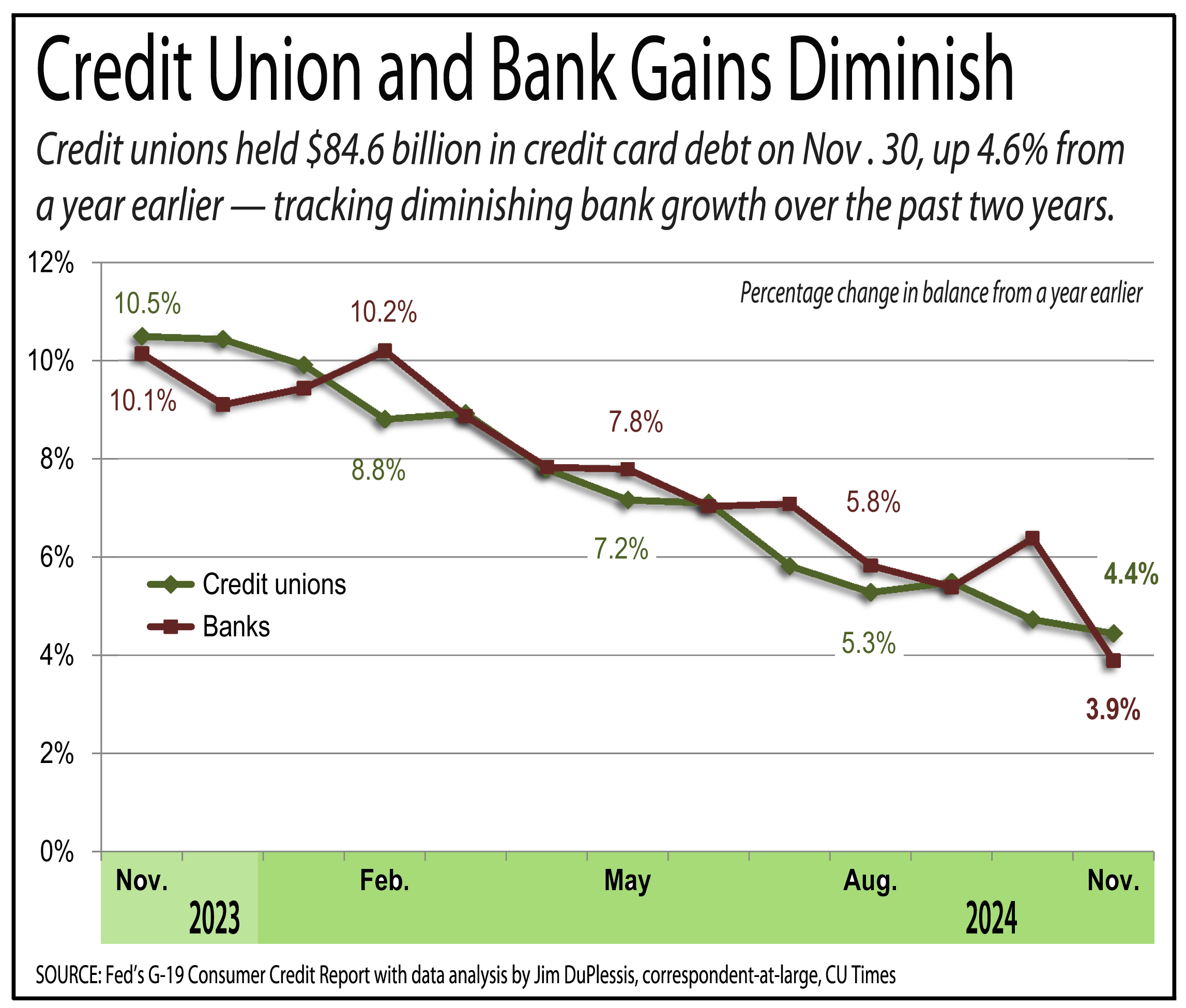In an order analysts are taking as a positive sign, U.S. District Court Judge John Gleeson has opted for an early date for hearing arguments from both opponents and proponents of a proposed settlement to the longstanding card interchange case.
If approved by the court, the proposed settlement, years in the making, will see $7.25 billion eventually move from the card brands and major card issuers into the coffers of participating retailers as well as give retailers the right to levy a surcharge on card transactions.
And the settlement has been controversial for some time as retailers expressed dissatisfaction with it.
Gleeson, who sits on the bench for the Eastern District of New York, wrote in Thursday's order that he was aware of the objections and would consider them, but that he also believed the proposed settlement would move to preliminary approval.
“I understand from both filings in the case and the considerable media coverage of
the proposed settlement that there are objections to the proposal, and I assume there will be more such objections in the future,” Gleeson wrote.
“As in every case, those objections deserve, and will get, careful consideration by the Court. I am mindful, however, that the threshold for preliminary approval of a proposed class action settlement is meaningfully lower than the threshold for final approval,” he wrote. “Preliminary approval is appropriate where the proposal appears to be the product of serious negotiation and further appears to be within the range of possible final approval.”
Gleeson set the date for oral arguments for and against the proposed settlement for Nov. 9 and asked for written arguments by Oct. 31.
He also denied requests to establish a proposed objectors committee and grant it limited rights of discovery.
“I see no need to form an Objectors' Committee or to arrange for the discovery requested. The parties seeking that relief have a great deal of sophistication and familiarity with both the terms of the Settlement Agreement and the course of the negotiations that culminated in that agreement,” he wrote.
Analysts interpreted Gleeson's order as both a signal of confidence in the proposed settlement and a limit to the amount of objection he would allow into the procedure.
“While we believe preliminary approval of the proposed settlement is a high-probability event, we view Judge Gleeson's comments as a modest positive as he seems favorably disposed to the settlement parameters,” wrote analysts at financial research firm Keefe, Bruyette and Woods said in a small analytical note about the order. “Additionally, the timeline for response to formal submission of the settlement appears to have been accelerated with oral argument to occur on Nov. 9, which is earlier than the back-and-forth process we expected to unfold over the next roughly 60 days. While this acceleration of the timeline could suggest a quicker process towards resolution of the settlement, we note that the process is dynamic and subject to change.”
Complete your profile to continue reading and get FREE access to CUTimes.com, part of your ALM digital membership.
Your access to unlimited CUTimes.com content isn’t changing.
Once you are an ALM digital member, you’ll receive:
- Breaking credit union news and analysis, on-site and via our newsletters and custom alerts
- Weekly Shared Accounts podcast featuring exclusive interviews with industry leaders
- Educational webcasts, white papers, and ebooks from industry thought leaders
- Critical coverage of the commercial real estate and financial advisory markets on our other ALM sites, GlobeSt.com and ThinkAdvisor.com
Already have an account? Sign In Now
© 2025 ALM Global, LLC, All Rights Reserved. Request academic re-use from www.copyright.com. All other uses, submit a request to [email protected]. For more information visit Asset & Logo Licensing.









